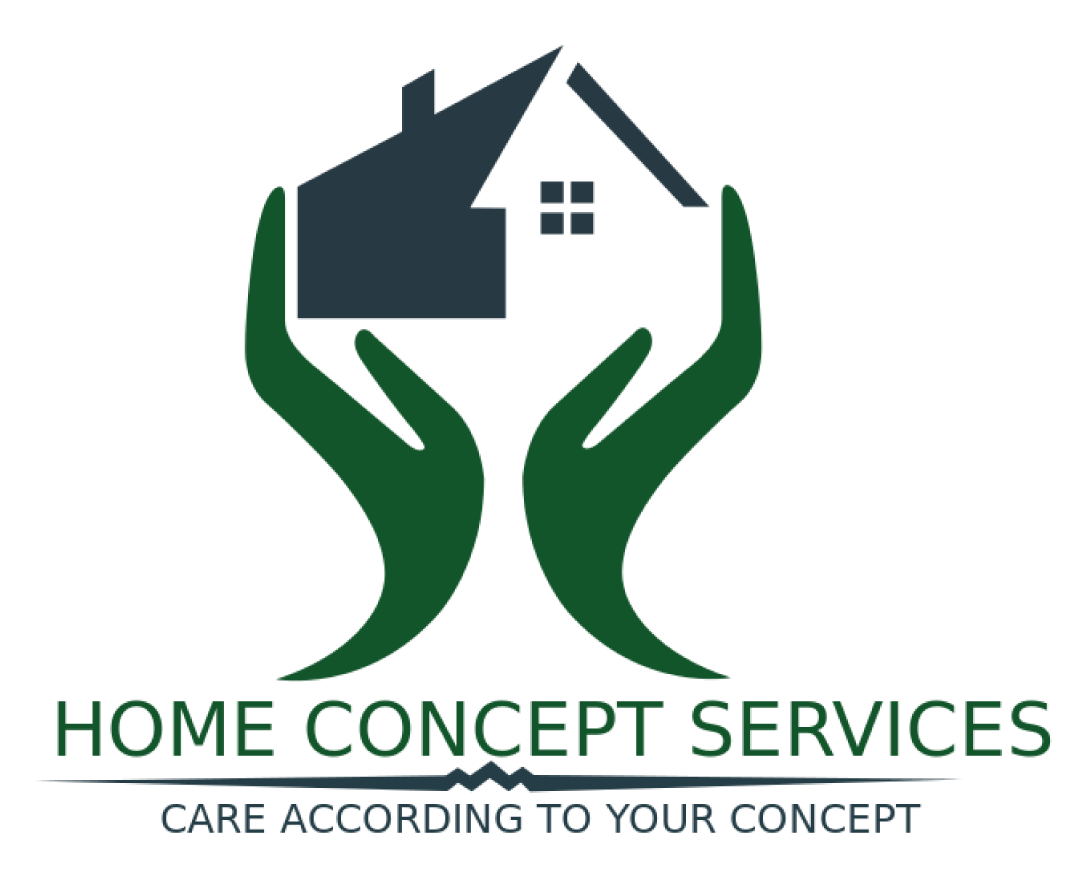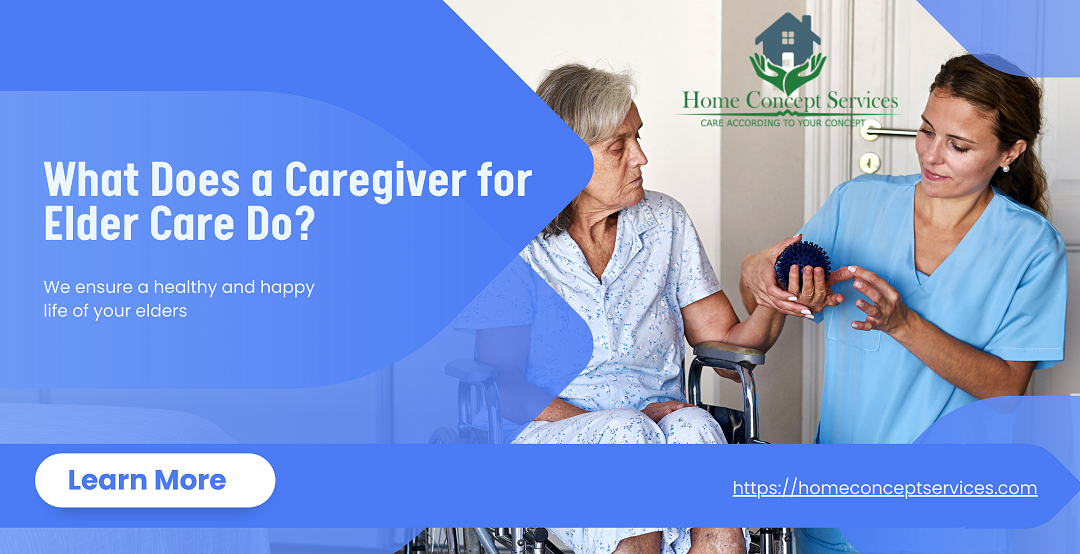Unlocking Independence: The Essential Role of an Elder Care Personal Caregiver
An elder care personal caregiver, also known as a personal care aide, plays a crucial role in assisting elderly individuals to maintain their independence within the comfort of their own homes. While some caregivers possess additional licensing as home health aides, both non-medical caregivers and home health aides contribute to creating a safe and independent living environment. Non-medical caregivers may also collaborate with nurses or physical therapists when medical care is required. Let’s delve into the diverse responsibilities of a personal care aide and how they can benefit you or your elderly loved one.
Check out our service about Trusted Senior Care Services in Pennsylvania
Duties and Responsibilities
The duties and responsibilities of a caregiver are tailored to meet the unique needs of each senior, considering factors such as their life stage and proximity of family members. Despite these variations, the primary objective remains consistent: enabling elderly individuals to “age in place” securely and independently. The range of tasks undertaken by an elder care caregiver encompasses various aspects of daily living, including:
Helping with Mobility:
As seniors experience a decline in mobility, caregivers play a vital role in ensuring their safety during movements inside and outside the home. This includes assistance with transfers, such as helping someone move from a wheelchair to the toilet, minimizing the risk of falls.
Read more about Heartfelt Home Care in the City of Brotherly Love
Ensuring Good Personal Hygiene and Care:
Loss of mobility can make daily hygiene tasks challenging. Caregivers provide support with bathing, hair care, denture cleaning, dressing, and other personal hygiene activities, fostering a sense of well-being.
Assisting with Meals and Nutrition:
Seniors may face challenges with diminished appetites and difficulty preparing meals. Caregivers assist in meal preparation, ensuring the consumption of nutritious and doctor-recommended diets, promoting overall health.
Housekeeping:
Caregivers contribute to maintaining a clean and organized living space by handling basic cleaning tasks, repairs, and household chores such as washing dishes, unclogging toilets, dusting, changing light bulbs, and laundry.
Assisting with Medications and Medical Advocacy:
While non-medical, caregivers provide valuable support by reminding seniors to take medications, ordering refills, verifying dispensed medications, and monitoring any changes in health. Their close interaction allows for timely reporting to family members or medical professionals.
Read more about how much does senior day care cost
Companionship:
Recognizing the challenges of social isolation in older age, caregivers serve as companions, engaging in friendly conversations and participating in activities the senior enjoys, promoting mental well-being.
Transportation:
Addressing safety concerns related to driving or using public transit, some caregivers offer transportation services for seniors to attend social events, medical appointments, or run errands such as grocery shopping.
Is an Elder Care Personal Caregiver Right for You?
If you or your loved one faces challenges in daily living activities or seeks companionship, an elder care personal caregiver may be the ideal solution. Caregivers adapt their assistance based on evolving needs, ensuring safety, health, and happiness as individuals age in place, allowing seniors to savor their lives within the familiar surroundings of home. Don’t hesitate to consider the invaluable support a caregiver can provide, tailoring their services to meet specific needs and enhance overall well-being.
Check out our service about Trusted Elder Care Services in Pennsylvania

